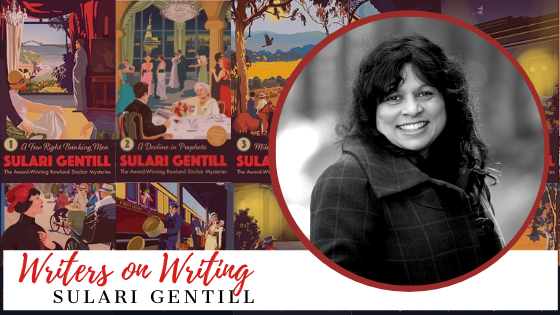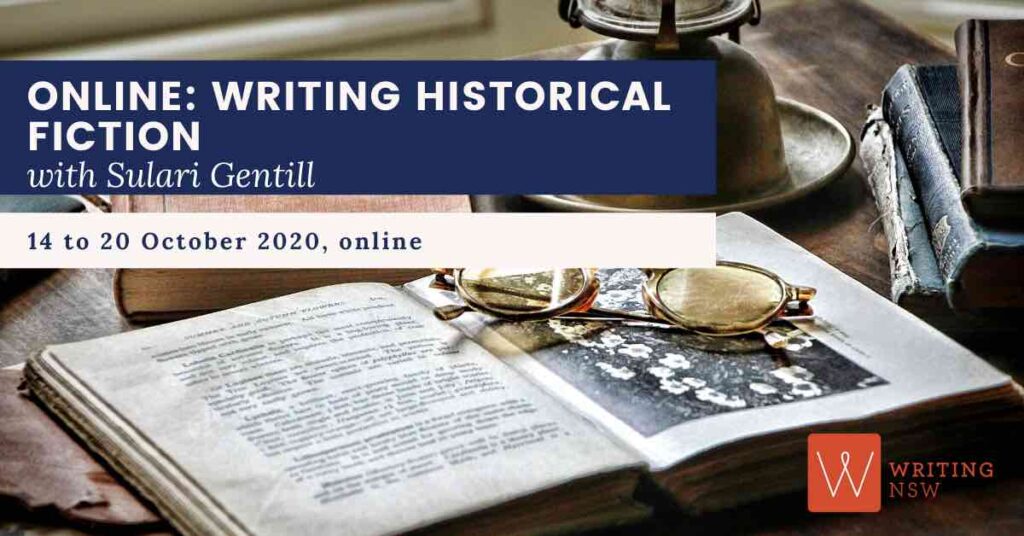Can you tell us about your path into writing historical fiction? What drew you into the past?
I’m not sure that there was ever a single event that inspired me to start writing… it was just something I tried. Once I did start, however, it very quickly became as natural and as necessary as breathing. Initially, I undertook research for my writing rather grudgingly. It was merely a chore that had to be done so that I could get back to the task of writing. But over time and books, I have come to understand the exhilaration of hunting down each minor holy grail of information. Of course, not every novel requires research. Some are constructed entirely from the writer’s own imagination… but not mine. Perhaps it’s because I came to writing from a background in the law, where they prefer that you constrain your fiction with the odd fact. Working from a scaffolding of historical accuracy has probably evolved from this old professional bias to become simply the way that I write.
Tell us about the Rowland Sinclair Mysteries, what are some of the challenges in researching and writing for this time period and this world?
Rowland Sinclair is an artist and a gentleman. His suits are exquisitely tailored, but invariably covered in paint. A friend of the Left, and a son of the Right, he indulges his artistic passions supported by the old money to which he was born. At times it can be awkward but on the whole he manages rather well. The series follows him and his louche companions through the political turmoil and social upheaval of the 1930s. One of the great benefits of writing in this era is also one of its challenges. The period between the wars is still a time within living memory. Readers have a connection with the time through their own experience, or the memories of their parents and grandparents. As a result, whilst the era is historical and interesting in that respect, it engenders a certain familiarity. This period can help readers connect, but the flip side is that readers will know if you get a fact or detail wrong.
How do you negotiate the divide between fact and fiction in your writing? Do you draw on true to life characters and events?
For historical fiction writers, the “holes” in history, the blank spaces, are where we work best, where we spin our tales and create. We fill in those spaces with imaginative hypotheses, with stories that link separate historical facts with a fictional narrative. If I can’t track something down, I’m usually delighted because it’s in these undocumented areas that my story takes over – fleshing out the known with the plausible. I often draw on real figures, reading as much as I can about them to build a picture of a person who is consistent with the recorded history of their actions and relationships. Within those parameters, I make things up. Bringing a real historical figure to life is often about juxtaposing the contradictions to reveal the small details and allow the reader to see to them as a human being.
Can you give us some tips on what publishers are currently looking for in works of historical fiction?
To be honest I don’t really know. Like most writers I just tell the story I want to tell the best way I know how, and hope it finds friends. I am told that publishers are looking for “women’s fiction” but I’m afraid I’m not sure what that is. I think the best tip I can give is to write what you’re passionate about. You can’t control what anyone else will read, or love or publish. If you’re passionate, however, at least you will love your novel and the process of writing it. That much you can control.
*
Sulari Gentill is a lawyer turned writer. She is the author of the award-winning Rowland Sinclair Mysteries, six historical crime novels chronicling the life and adventures of her 1930s Australian gentleman artist, and, The Hero Trilogy, based on the myths and epics of the ancient world.
Join Sulari Gentill for her online course Writing Historical Fiction, starting Wednesday 14 October. Enrol here>>
If you want to be the first to read great advice from our incredible tutors, subscribe to our weekly e-newsletter Newsbite.
More from Writing NSW
Check out our full range of in-person writing courses in Sydney, our online writing courses and our feedback programs to see how we can help you on your writing journey. Find out about our grants and prizes, as well as writing groups across NSW, and sign up to our weekly newsletter for writing events, opportunities and giveaways.


